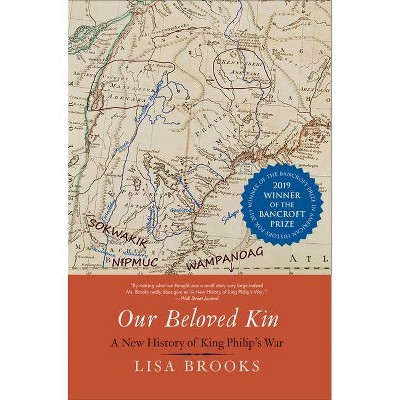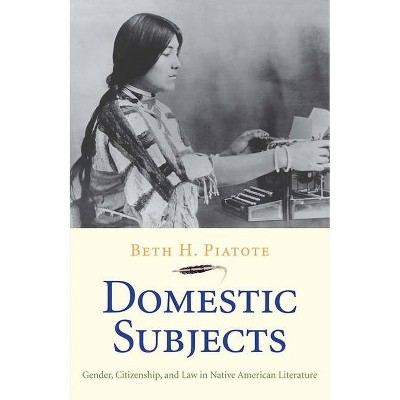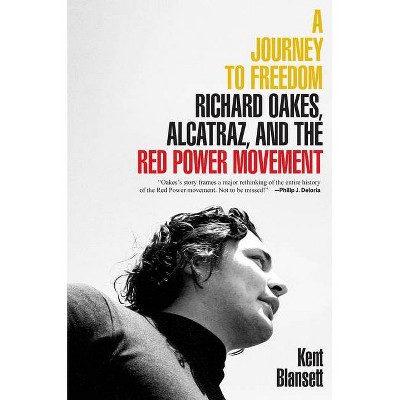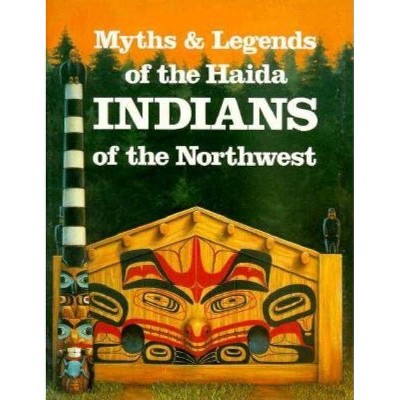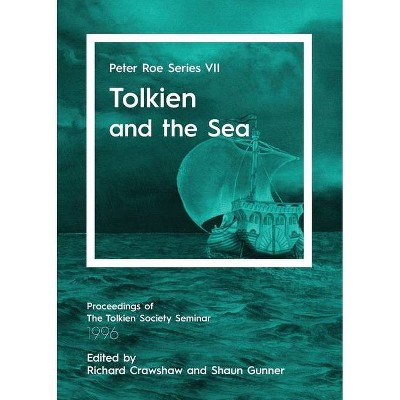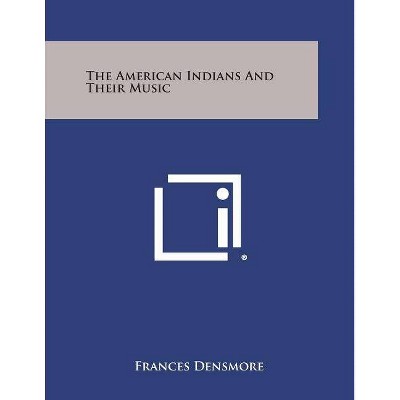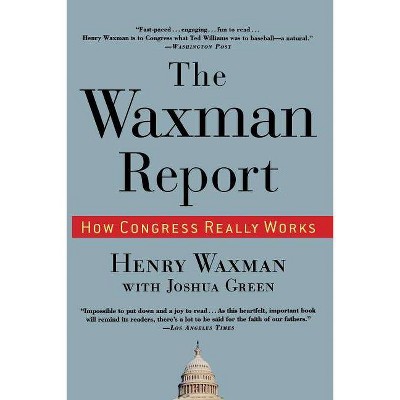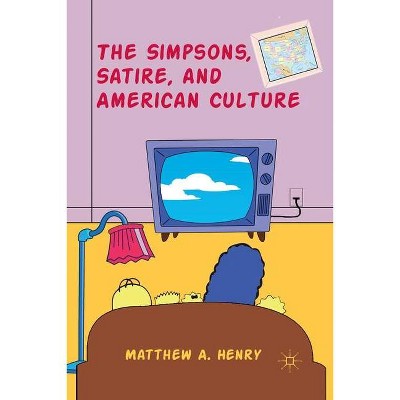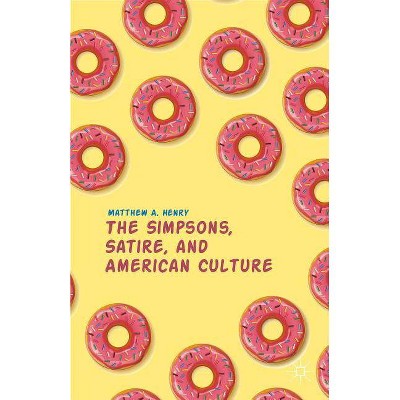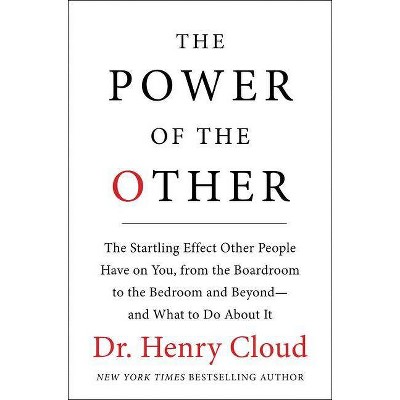The Sea Is My Country - (The Henry Roe Cloud American Indians and Modernity) by Joshua L Reid (Paperback)
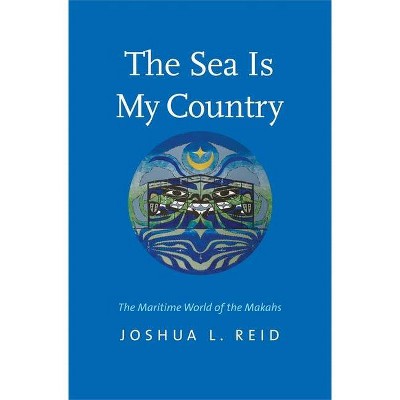
Similar Products
Products of same category from the store
AllProduct info
<p/><br></br><p><b> Book Synopsis </b></p></br></br><b>The first full-scale history of the Makah people of the Pacific Northwest, whose culture and identity are closely bound to the sea</b> <p/> For the Makahs, a tribal nation at the most northwestern point of the contiguous United States, a deep relationship with the sea is the locus of personal and group identity. Unlike most other indigenous tribes whose lives are tied to lands, the Makah people have long placed marine space at the center of their culture, finding in their own waters the physical and spiritual resources to support themselves. This book is the first to explore the history and identity of the Makahs from the arrival of maritime fur-traders in the eighteenth century through the intervening centuries and to the present day. <p/> Joshua L. Reid discovers that the "People of the Cape" were far more involved in shaping the maritime economy of the Pacific Northwest than has been understood. He examines Makah attitudes toward borders and boundaries, their efforts to exercise control over their waters and resources as Europeans and then Americans arrived, and their embrace of modern opportunities and technology to maintain autonomy and resist assimilation. The author also addresses current environmental debates relating to the tribe's customary whaling and fishing rights and illuminates the efforts of the Makahs to regain control over marine space, preserve their marine-oriented identity, and articulate a traditional future.<p/><br></br><p><b> Review Quotes </b></p></br></br><br>"Among many recent histories of Northwest Coast ecology and Native peoples, this one is outstanding for Reid's knowledge of the ecological background."--<i>Choice</i> <p/>"In <i>The Sea Is My Country</i>, Joshua Reid takes readers on a 'forensic voyage' as he chronicles the history of the Makahs over three centuries."--<i>Perspectives on History</i> <p/>"<i>The Sea Is My Country</i> exceeds my high expectations. Reid produced a bench-setting monograph that is at once thoroughly established in the present and respectful of the past."--Gray H. Whaley, <i>Ethnohistory</i> <p/>"<i>The Sea Is My Country</i> provides a model of rigorous community-based scholarship, with relevance well beyond its regional focus."--Andrew H. Fisher, <i>Western Historical Quarterly</i> <p/>"Reid is to be commended. One hopes that educators and scholars, especially those unfamiliar with Pacific northwest history, will grapple with this text. . . . [T]hey will find great rewards in looking beyond their comfort zones, toward the Northwest and beyond its shores."--Brenden W. Rensink, <i>Pacific Northwest Quarterly</i> <p/>"As a member of the Nuu-chah-nulth nation I congratulate Reid on his thorough and innovative study that positions the Makah and Nuu-chah-nulth voices at the center of his historical narrative, making this a significant contribution to the history of Indigenous peoples of the Northwest Coast."--Joshua Reid, <i>Journal of Native American and Indigenous Studies</i> <p/>Won an honorable mention for the 2016 Frederick Jackson Turner Award, given by the Organization of American Historians <p/>Won a honorable mention for the 2015 John Lyman Book Award in the U.S. Maritime History category, sponsored by the North American Society for Oceanic History <p/>Winner of the 2016 Sally and Ken Owens Award given by the Western History Associaton <p/>Winner of the 2016 John C. Ewers Award given by the Western History Association <p/>Co-winner of the 2016 Caughey Western History Prize given by the Western History Association <p/>"Joshua Reid's <i>The Sea is My Country</i> is a tour de force. It is not only a superb and surprising account of the Makah Indians, but a wonderful example of how people construct historical spaces from culture and the environment."--Richard White, author of <i>Middle Ground</i> <p/>"This book is a marvel. It not only provides a brilliantly crafted Native perspective into American history; it allows us to see Native and American history from an entirely new angle: the indigenous sea world of the Pacific Northwest. <i>The Sea is My Country </i>is a game changer."--Pekka Hämäläinen, author of <i>The Comanche Empire</i> <p/>"Joshua Reid reconstructs the Makah coastal world, showing how indigenous people understood, harvested, and defended their ocean, how peoples interacted across shared and contested borderland spaces that were as often cultural as geographic, and how the networks they created changed over time. The story is original, even innovative, and offers new ways of thinking about the sea trade, its participants, and its violence."--Colin G. Calloway, Dartmouth College <p/>"Deeply researched, theoretically informed, and beautifully written, <i>The Sea Is My Country</i> transports readers to an American Indian maritime world, opening up compelling new perspectives on space, colonialism, borderlands, and the negotiation of power."--Philip J. Deloria, author of <i>Playing Indian</i> <p/>"<i>The Sea Is My Country</i> is a superb tribal history of the Makah, but of equal importance is the way it makes significant contributions to the history of Northwest borderlands and the indigenous peoples of the Pacific. Joshua Reid is an eloquent storyteller and compelling writer--this book is a marvelous read."--David Igler, author of<i> The Great Ocean</i> <p/><br><p/><br></br><p><b> About the Author </b></p></br></br><b>Joshua L. Reid</b> (Snohomish) is associate professor of history and American Indian studies, University of Washington. Born and raised in Washington state, he lives in Seattle.
Price History
Price Archive shows prices from various stores, lets you see history and find the cheapest. There is no actual sale on the website. For all support, inquiry and suggestion messagescommunication@pricearchive.us
